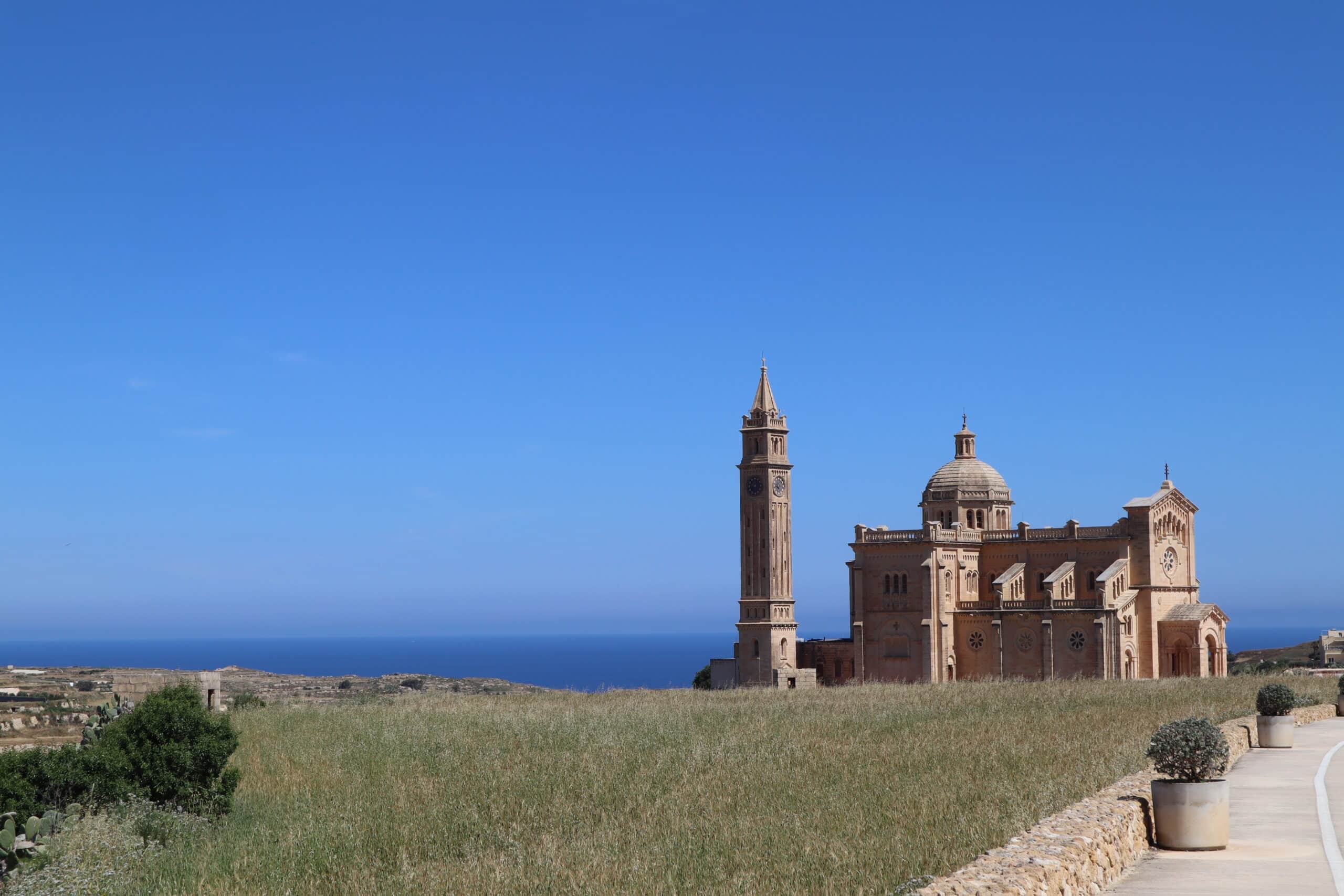The Centers for Disease Control and Prevention conducts a biennial survey of high school students in which tens of thousands of American teens answer questions about their well-being, and their answers are compared to those of a decade ago. The CDC released its latest report in February 2023, and the kids, it would seem, aren’t all right.
Among the alarming data were statistics about sexual assault. In answering the question, “Have you ever been physically forced to have sexual intercourse when you didn’t want to?,” 14% of high school girls replied “yes,” and a total of 18% of girls reported having been “forced to do sexual things when they did not want to” in the last year.
Reading this report resurfaced some conflicted feelings I had regarding the beatification of Isabel Cristina Mrad Campos this past December. Her beatification came after she was found to have been martyred “in defensum castitatis” — in defense of chastity. Isabel Cristina was a 20-year-old aspiring medical student in Juiz de Fora, Brazil, who was murdered in her own apartment by a man delivering a cabinet after she rejected his sexual advances. The autopsy found that she was stabbed 15 times — but not successfully raped.

Sexual violence today
I reflected on Blessed Isabel Cristina’s death and thought of the 18% of high school girls in that CDC report who had been forced into sexual acts. When you consider further that these girls have friends and sisters affected by their experience, it’s clear that sexual violence is familiar to the majority of young girls today — and occurring so early in their young lives, I fear, that it has been formative to their ideas about sexuality. These young girls are listening to the way we — the Church — speak of women like Isabel.
The first impulse of some Catholics when speaking of Blessed Isabel Cristina is to call her “the Maria Goretti of Brazil.” Isabel came from a middle-class family with ambitions to become a pediatrician. Maria was the uneducated child of Italian peasants. These girls have little in common, except that each loved Jesus — and each were killed by men who wanted to rape them. Unfortunately, in that last experience, they are not unique.
Since Maria’s canonization in 1950, at least nine women and girls have been beatified in the Catholic Church as martyrs in defensum castitatis: Blesseds Marie-Clémentine Anuarite Nengapeta, Karolina Kózka, Antonia Messina, Pierina Morosini, Teresa Bracco, Albertina Berkenbrock, Veronica Antal, Anna Kolesárová and now Isabel Cristina. The title of “martyr” is significant because the miracle requirement for beatification is waived if a person is determined to have been a martyr.
Navigating a culture twisted by the sexual revolution, it is perhaps natural that we would seek witnesses to sexual virtue, and these women whose lives were destroyed by their attackers’ radical unchastity may appear to be the heroes we seek. They were murdered by men who sought sex as a wholly selfish act. However, we misunderstand the witness of these saintly young women if we suggest they chose death rather than sin, because, well, it’s not a sin to be raped.

Being raped is not a sin
It’s worth repeating: It is not a sin to be raped, but the Dicastery for the Causes of Saints continues to behave as if it is. With each of these saints and beati, I find that the girl’s body was examined to determine that she was not successfully raped — as if her defense of chastity would have been moot if her rapist had succeeded. But why is the rapist’s success relevant if the girl was killed because she wouldn’t surrender her body willingly? If you’ll pardon me a painful thought experiment about St. Maria Goretti: What if Alessandro Serenelli completed his rape of Maria but killed her anyway. In that hypothetical scenario, Maria would still be a martyr. She would still be a martyr because Serenelli by his own admission killed her because her refusal shone a painful light on his own sinfulness. If women who die at the hands of a would-be rapist are martyrs, why are we only celebrating the ones who died “intact”?
The focus on bodily integrity by the dicastery has me genuinely asking: What is the difference between permitting a wrong to be done to you and participating in the wrong, when we talk about sexuality? With other commandments, this seems more straightforward. Consider the Seventh Commandment, “thou shalt not steal”: If a cashier is held up at gunpoint and told to empty the register, and he complies, is he guilty of the theft of his employer? Of course not; he is a victim, too, even though a thief used his body to enable the theft. Would it be heroic virtue to refuse? It would take a certain kind of boldness to act that way, but if the cashier thought virtue required it, we would say he was burdened by scruples, and that the preservation of his life is a greater good than the preservation of his boss’ goods.
But now, we have a woman ordered at gunpoint to remove her clothes, to let this man use her body as he pleases. The terrified woman does. Has she committed fornication? Of course not. And if she is not guilty of sin, is it still a heroic virtue to refuse? If so (as many suggest), why and how is this action under duress distinct from the previous? Lest you think I’m caught up in semantics, let me repeat myself: In 2021, 18% of American teenage girls reported being forced to participate in sexual activity they did not want. The definition of rape has significant consequences for their lives. Are we then saying that the most holy response to sexual violence is to die?
Girls deserve better
I want to challenge the apparent belief that a girl’s fervent desire to avoid sex with a random man must be motivated by virtue, and that girls who fail to adequately protect themselves from this violence are less pure than those who do. I ask clergy to imagine themselves in these girls’ places. From the praise heaped upon these virgins, it seems that for a man, it would be a temptation to be unchaste if a stranger propositioned on him in the street, or if his female electrician offered free sex with a repair, or if his mentally unstable roommate continually indicated her eagerness to warm his bed. A man would certainly have fewer reasons to fear for his safety were he to refuse sex under any of those circumstances. A man might regret giving in and feel ashamed, but I gather he is unlikely to feel violated; he is unlikely to think that he didn’t have a choice.
How, then, does our unique creation as male or female affect our agency and responsibilities in this regard? When the very nature of the sexual act involves a giver and receiver, an actor and an acted-upon, just what must a woman do to prove that she is unwilling? The hagiography of Maria and her successors in sainthood tends to set that bar alarmingly high.
If we keep holding these assault victims up as models of chastity rather than victims of crimes, we impress upon faithful young women that keeping the Sixth Commandment is fundamentally about keeping men from breaking it. Saying that these various murderers all acted in hatred of these girl’s purity (instead of, more accurately, hatred of their dignity and disregard for their rights as an autonomous person) teaches that an unmarried woman is chaste only if she behaves so as to minimize every man’s lust and protect herself against his desires. Rather than developing self control, we tell girls to focus on controlling male lust. If this is the concept of sexuality we give our teens, what kind of views are they bringing into their adulthood and their marriages?
The girls who answered “yes” to the CDC survey are in our pews, in our confirmation classes and in our own homes. They are listening to how we talk about Maria Goretti and Isabel Cristina and all those who came between. They deserve better than to be told their value lies in their virginity. They deserve better than the suggestion that they would be better off dead.







